Growing Your Tree
January 2023
Liminal InterfacesSEC Undergraduate Lounge

It is an effort to bring our perspective more closely to that of a tree as a representation of the natural world. This is done via an immersive built environment which simulates the experience of trees. In this space, the viewer is virtually scanned and their silhouette is projected onto the environment. This silhouette transforms and develops to be something hybridized between person and tree. The user is invited to interact with the surroundings and think about the interactions and relationships we form with the natural world.
Team
Kidist Alemu ‘23Priscilla Cheav ‘25
Holden Edmonds ‘23
This project was part of Conflux Residency 2023: Liminal Interfaces
Recognition
January 2023
Liminal InterfacesSEC Undergraduate Lounge
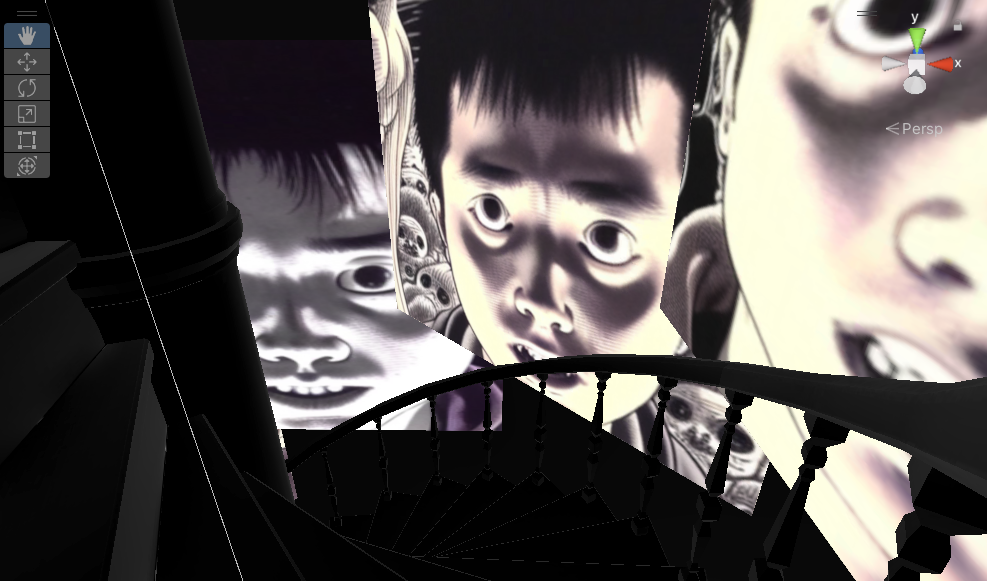
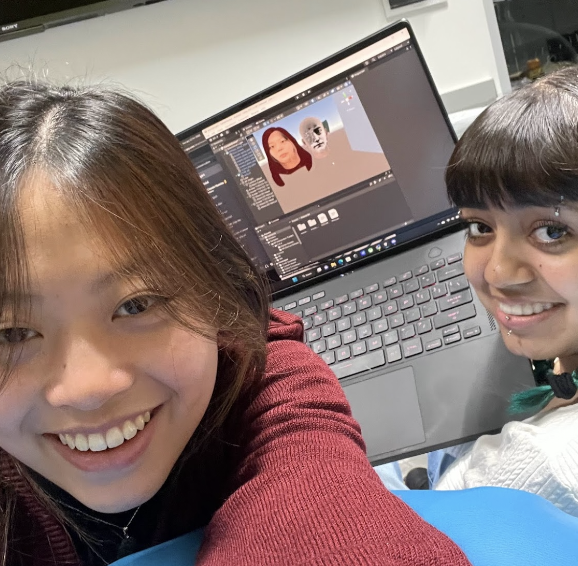
As people, we are defined by our identity. But we often fail to acknowledge this. The boxes we check off on surveys and applications constrain us to certain expectations and impose certain assumptions on our behalf. What occurs when we do not abide by the constraints of a singular box, and, instead, fit into many categories? What if these distinguishing features conflict with one another? How can we define our own identity when our diversity runs through a spectrum? Very easily, confusion with our own sense of identity, becomes a place of uncertainty and liminality. A place where ‘weird and scary’ is our reality.
In his graphic novel, No Longer Human, Japanese manga artist Junji Ito illustrates how failure to claim ownership over one’s own identity, leads to the lack of self-identity. His book is a gory piece, and is an illustrated version of Osamu Dazai’s original work, with the same title. Ito’s horror-entwined visual interpretation of a loss of humanity portrays the idea of liminality in the context of identity. Through VR, you are immersed in the ‘weird and scary’ optics of identity as a liminal interface.
Team
Kassandra Rodriguez-Acosta ‘26AnhPhu Nguyen ‘25
Alina Yu ‘25
This project was part of Conflux Residency 2023: Liminal Interfaces
#showerthoughts
January 2023
Liminal InterfacesSEC Undergraduate Lounge
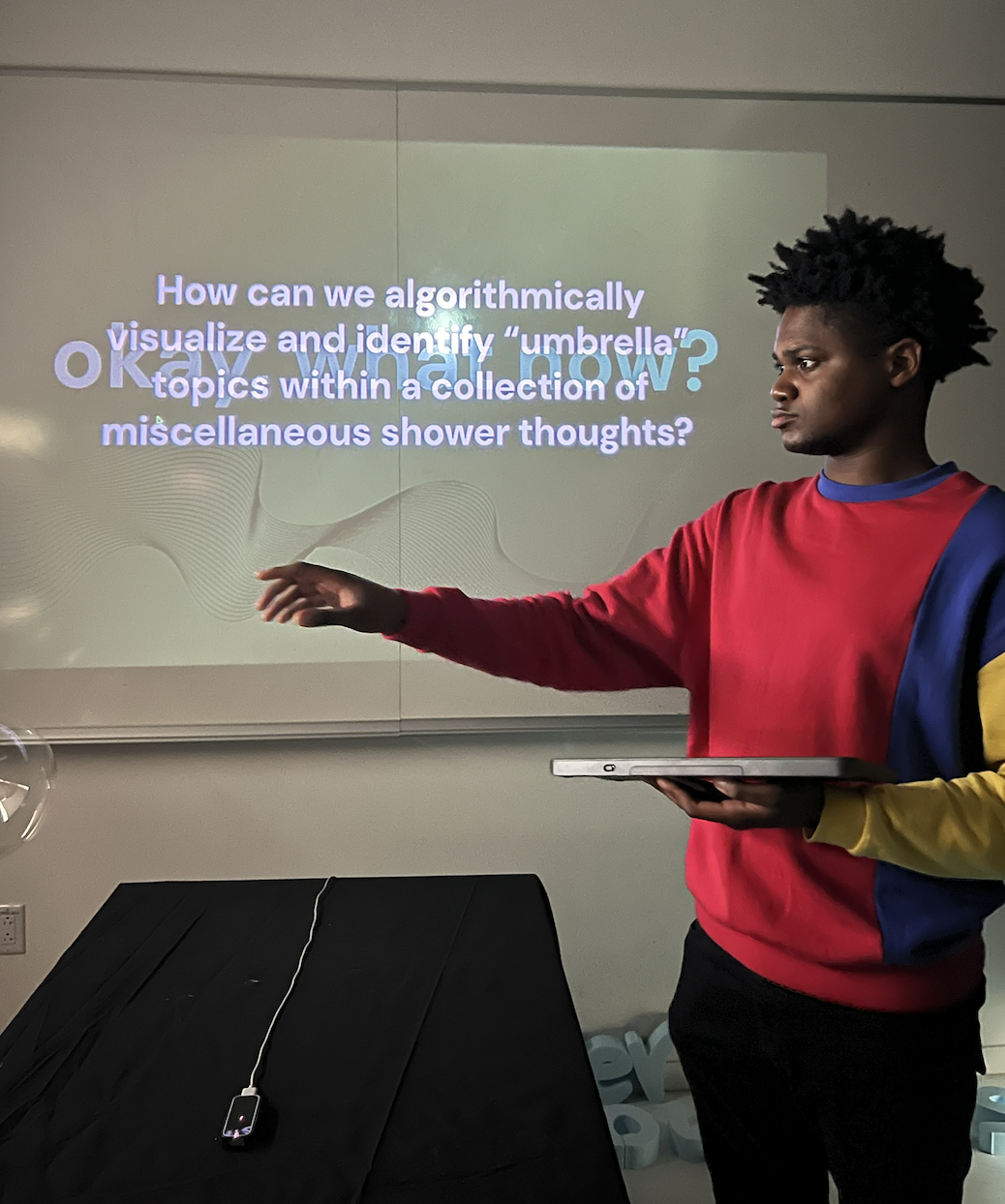
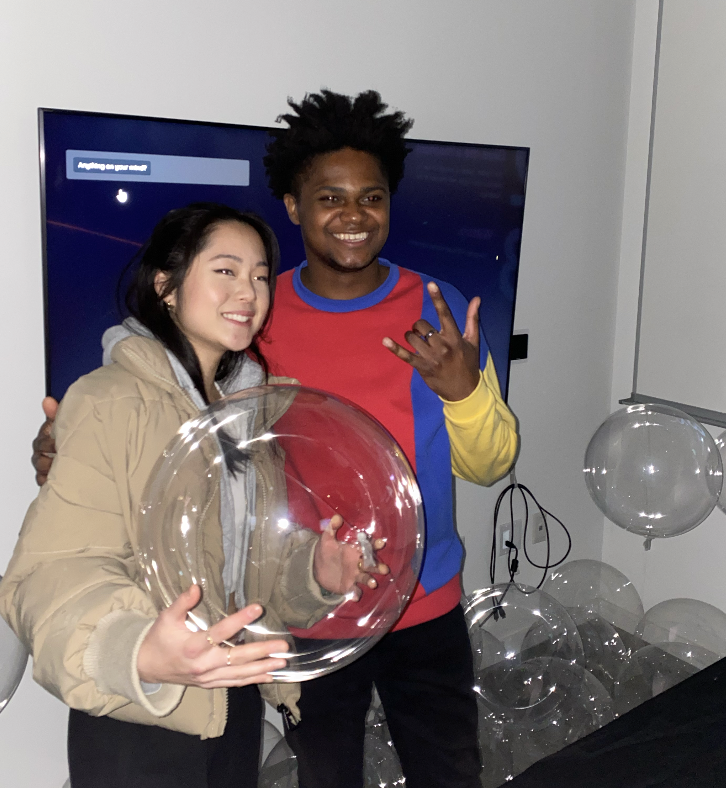

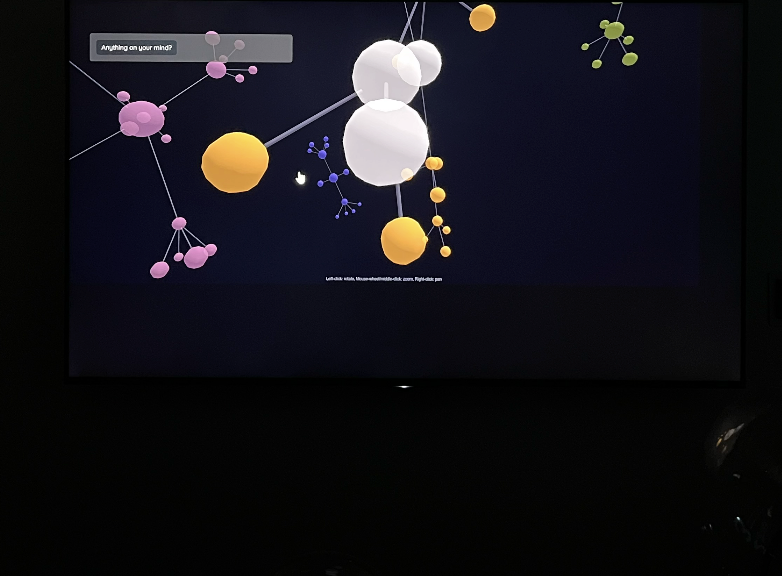
Random thoughts that pop up in our minds, especially in liminal spaces, are some of the most fascinating expressions of human creativity and randomness. These miscellaneous thoughts are typically referred to as “shower thoughts”—as you can imagine, a shower itself is a liminal space. This data visualization project is meant to celebrate this concept.
Team
Karen Li ‘24Ricky Williams ‘23
This project was part of Conflux Residency 2023: Liminal Interfaces
Inner Piece
January 2023
SEC Undergraduate Lounge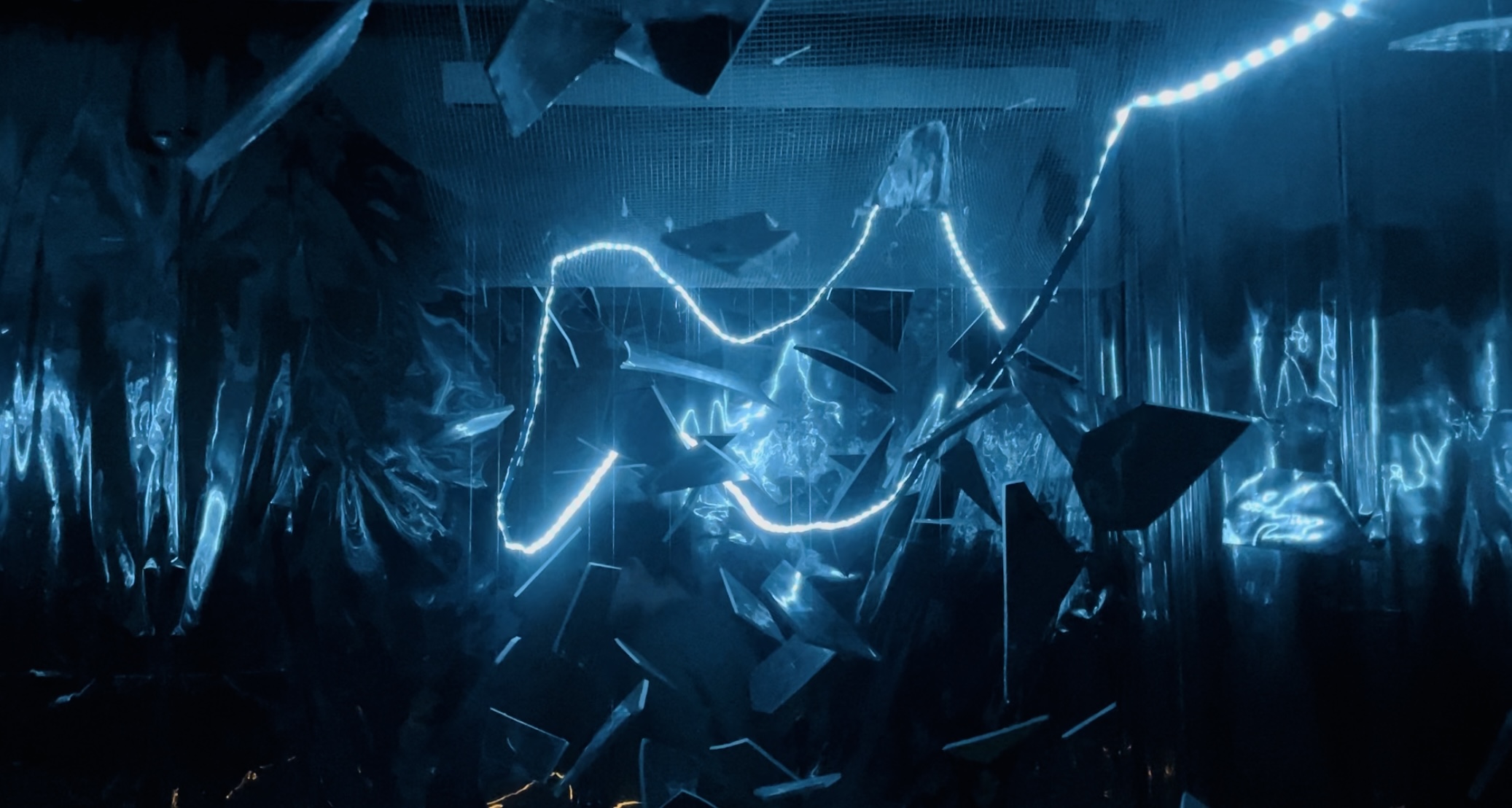
Inner Piece takes place in a closed room, isolated from exterior light and sound. Inside, reflective surfaces line the walls—transforming the enclosed space into a disorienting, expansive one. A cloud of reflective shards are suspended in the center of the room, gently responsive to the movement of participants through the room. Ambient light fills the room from above, pulsating to a participant’s heartbeat, captured via a finger heart rate monitor. An atmospheric audio of ambient noise, featuring internal bodily sounds like that of blood flow, plays in the background. This exhibit seeks to explore the dimensions of the self by blurring the line between the internal and external. By being in an environment both subtly and directly reflective of one’s body, the participant can engage with the unfamiliar experience of perceiving themselves—it is in this liminal threshold between self and projected self that one might feel suspended, just like the shards central to the exhibit.
Much like how cupping hands around ears allows one to hear the rushing of their blood, Inner Piece invites a participant to direct their attention inwards. Feel free to take a seat in the middle of the room, shut your eyes, or flit around the space and watch it react to your movement.
Team
Liya Ji ‘23Julian Li ‘25
Sera McDonald ‘24
This project was part of Conflux Residency 2023: Liminal Interfaces
Passage to Possibility
January 2023
Liminal InterfacesSEC Undergraduate Lounge
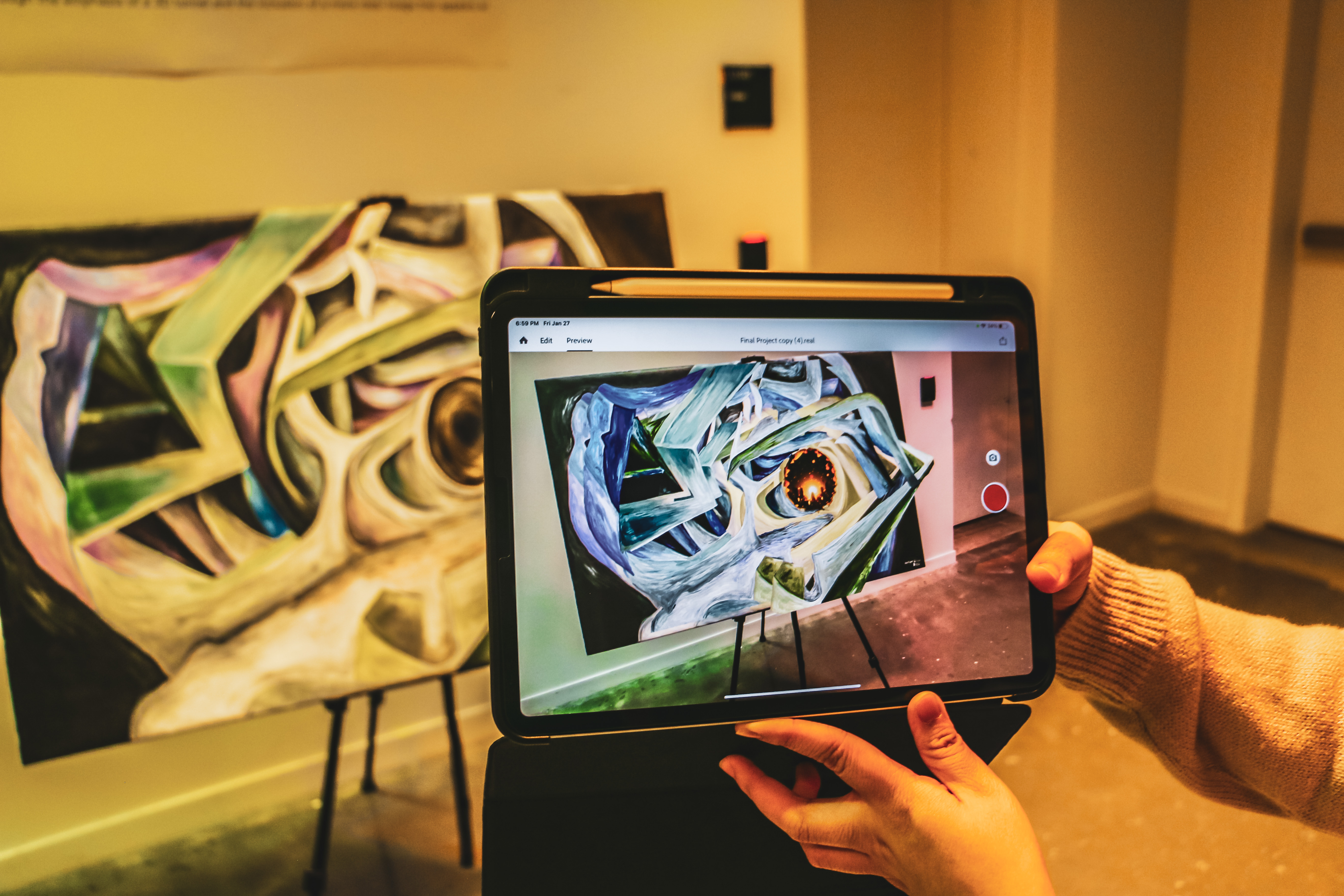
The concept of liminal space, as defined by licensed social worker Melissa Cohen, refers to a state of transition or transformation. As Ms. Cohen eloquently stated, "Uncertainty can be very uncomfortable, lonely, overwhelming, paralyzing, emotionally demanding and mentally exhausting. But, it can also be transformative and valuable, providing creativity, strength and the opportunity to move forward, evolve, grow and develop a mindset that anything is possible."
Passage to Possibility serves as a visual representation of this liminal space, depicting it as a dark and mysterious realm. It is our hope that the viewer will be made to feel uneasy or uncomfortable upon beholding this piece, which will feature a tunnel and elements of a post-apocalyptic landscape, rendered in cool and somber tones. Furthermore, we use Augmented Reality technology in order to showcase the other side of liminal space, one that is characterized by positivity and light. This will be achieved through the emphasis of a 3D tunnel and the inclusion of a more clear image that appears at its end.
Team
Kaitlyn Zhou ‘25Alina Yu ‘25
This project was part of Conflux Residency 2023: Liminal Interfaces
The following program lists our Residency 2023 workshops, bootcamps, guest lectures, expert sessions, etc. Our program also featured personal mentor meetings for projects, many group lunches, dinners, and fellow-organized socials!
Week 1
[keynote] 1/5
Welcome to Residency: Jeffrey Schnapp, Director of metaLAB @ Harvard
Jeffrey Schnapp
Welcome to Residency: Jeffrey Schnapp, Director of metaLAB @ Harvard
Jeffrey Schnapp
Next up
- Introduction to perception-based view of visual art and light as “language” of the visual brain
- Look at the new exhibition by class of Vision in Art and Neuroscience: projects for perceiving perception
- Guided, hands-on exploration of how light behaves, how to work with it as an artistic medium
- Discussion: opportunities and responsibilities for art in technological society
[workshop] 1/5
Playing with Light: Vision in Art and Neuroscience
Seth Riskin
@ MIT Compton Gallery*
*we will take the T together
Playing with Light: Vision in Art and Neuroscience
Seth Riskin
@ MIT Compton Gallery*
*we will take the T together
Next up
- Introduction to perception-based view of visual art and light as “language” of the visual brain
- Look at the new exhibition by class of Vision in Art and Neuroscience: projects for perceiving perception
- Guided, hands-on exploration of how light behaves, how to work with it as an artistic medium
- Discussion: opportunities and responsibilities for art in technological society
[keynote] 1/6
The Art of Revelation
Martin Wattenberg
The Art of Revelation
Martin Wattenberg
Next up
- Introduction to perception-based view of visual art and light as “language” of the visual brain
- Look at the new exhibition by class of Vision in Art and Neuroscience: projects for perceiving perception
- Guided, hands-on exploration of how light behaves, how to work with it as an artistic medium
- Discussion: opportunities and responsibilities for art in technological society
[workshop] 1/7
Introduction to Projection Mapping
Devon Bryant
MIT Compton Gallery*
*we will take the T together
Introduction to Projection Mapping
Devon Bryant
MIT Compton Gallery*
*we will take the T together
Next up
- Introduction to perception-based view of visual art and light as “language” of the visual brain
- Look at the new exhibition by class of Vision in Art and Neuroscience: projects for perceiving perception
- Guided, hands-on exploration of how light behaves, how to work with it as an artistic medium
- Discussion: opportunities and responsibilities for art in technological society
[workshop] 1/8
Paper Prototyping
Paper Prototyping
Next up
- Introduction to perception-based view of visual art and light as “language” of the visual brain
- Look at the new exhibition by class of Vision in Art and Neuroscience: projects for perceiving perception
- Guided, hands-on exploration of how light behaves, how to work with it as an artistic medium
- Discussion: opportunities and responsibilities for art in technological society
[keynote] 1/8
How the Light Gets In
Sarah Newman
How the Light Gets In
Sarah Newman
Next up
- Introduction to perception-based view of visual art and light as “language” of the visual brain
- Look at the new exhibition by class of Vision in Art and Neuroscience: projects for perceiving perception
- Guided, hands-on exploration of how light behaves, how to work with it as an artistic medium
- Discussion: opportunities and responsibilities for art in technological society
Week 2
[bootcamp] 1/9-1/13
The Virtual John Harvard Project
Rus Gant
The Virtual John Harvard Project
Rus Gant
Next up
- Introduction to perception-based view of visual art and light as “language” of the visual brain
- Look at the new exhibition by class of Vision in Art and Neuroscience: projects for perceiving perception
- Guided, hands-on exploration of how light behaves, how to work with it as an artistic medium
- Discussion: opportunities and responsibilities for art in technological society
Workshop description:
The Studio is located at MIT 10-150. Walking from the Kendall Sq. subway (next to building 28 on the campus map) go across campus, enter building 66, and follow the hallway to Lobby 10; look right and you’ll see the Compton Gallery.
This event was supported in part by the Ann Radcliffe Trust/Women’s Center Community Fund and the Harvard College Women’s Center.
- Introduction to perception-based view of visual art and light as “language” of the visual brain
- Look at the new exhibition by class of Vision in Art and Neuroscience: projects for perceiving perception
- Guided, hands-on exploration of how light behaves, how to work with it as an artistic medium
- Discussion: opportunities and responsibilities for art in technological society
The Studio is located at MIT 10-150. Walking from the Kendall Sq. subway (next to building 28 on the campus map) go across campus, enter building 66, and follow the hallway to Lobby 10; look right and you’ll see the Compton Gallery.
This event was supported in part by the Ann Radcliffe Trust/Women’s Center Community Fund and the Harvard College Women’s Center.
[bootcamp] 1/9-1/13
Radcliffe Public Art Workshop
oopsa
Note: lunch is provided onsite
Radcliffe Public Art Workshop
oopsa
Note: lunch is provided onsite
Workshop description:
- Introduction to perception-based view of visual art and light as “language” of the visual brain
- Look at the new exhibition by class of Vision in Art and Neuroscience: projects for perceiving perception
- Guided, hands-on exploration of how light behaves, how to work with it as an artistic medium
- Discussion: opportunities and responsibilities for art in technological society
[workshop] 1/9-1/13
Sound, Listening and Recording
Jacek Smolicki
Note: lunch is provided onsite
Sound, Listening and Recording
Jacek Smolicki
Note: lunch is provided onsite
Workshop description:
- Introduction to perception-based view of visual art and light as “language” of the visual brain
- Look at the new exhibition by class of Vision in Art and Neuroscience: projects for perceiving perception
- Guided, hands-on exploration of how light behaves, how to work with it as an artistic medium
- Discussion: opportunities and responsibilities for art in technological society
[workshop] 1/9-1/13
Design Jam
Jacek Smolicki
Note: lunch is provided onsite
Design Jam
Jacek Smolicki
Note: lunch is provided onsite
Workshop description:
- Introduction to perception-based view of visual art and light as “language” of the visual brain
- Look at the new exhibition by class of Vision in Art and Neuroscience: projects for perceiving perception
- Guided, hands-on exploration of how light behaves, how to work with it as an artistic medium
- Discussion: opportunities and responsibilities for art in technological society
[workshop] 1/9-1/13
Any Sufficiently Advanced: Magic, Tech, and Liminal Spaces
Jacek Smolicki
Note: lunch is provided onsite
Any Sufficiently Advanced: Magic, Tech, and Liminal Spaces
Jacek Smolicki
Note: lunch is provided onsite
Workshop description:
- Introduction to perception-based view of visual art and light as “language” of the visual brain
- Look at the new exhibition by class of Vision in Art and Neuroscience: projects for perceiving perception
- Guided, hands-on exploration of how light behaves, how to work with it as an artistic medium
- Discussion: opportunities and responsibilities for art in technological society
[workshop] 1/9-1/13
Everything, Everywhere, All at Once: Museum Edition
Jacek Smolicki
Note: lunch is provided onsite
Everything, Everywhere, All at Once: Museum Edition
Jacek Smolicki
Note: lunch is provided onsite
Workshop description:
- Introduction to perception-based view of visual art and light as “language” of the visual brain
- Look at the new exhibition by class of Vision in Art and Neuroscience: projects for perceiving perception
- Guided, hands-on exploration of how light behaves, how to work with it as an artistic medium
- Discussion: opportunities and responsibilities for art in technological society
Week 3
[workshop] 1/9-1/13
To Begin Again: Artists and Childhood
Jacek Smolicki
Note: lunch is provided onsite
To Begin Again: Artists and Childhood
Jacek Smolicki
Note: lunch is provided onsite
Workshop description:
- Introduction to perception-based view of visual art and light as “language” of the visual brain
- Look at the new exhibition by class of Vision in Art and Neuroscience: projects for perceiving perception
- Guided, hands-on exploration of how light behaves, how to work with it as an artistic medium
- Discussion: opportunities and responsibilities for art in technological society
[workshop] 1/9-1/13
Dream
Jacek Smolicki
Note: lunch is provided onsite
Dream
Jacek Smolicki
Note: lunch is provided onsite
Workshop description:
- Introduction to perception-based view of visual art and light as “language” of the visual brain
- Look at the new exhibition by class of Vision in Art and Neuroscience: projects for perceiving perception
- Guided, hands-on exploration of how light behaves, how to work with it as an artistic medium
- Discussion: opportunities and responsibilities for art in technological society
[workshop] 1/9-1/13
Sound, Listening and Recording
Jacek Smolicki
Note: lunch is provided onsite
Sound, Listening and Recording
Jacek Smolicki
Note: lunch is provided onsite
Workshop description:
- Introduction to perception-based view of visual art and light as “language” of the visual brain
- Look at the new exhibition by class of Vision in Art and Neuroscience: projects for perceiving perception
- Guided, hands-on exploration of how light behaves, how to work with it as an artistic medium
- Discussion: opportunities and responsibilities for art in technological society
[workshop] 1/9-1/13
Sound, Listening and Recording
Bree Edwards
Note: lunch is provided onsite
Sound, Listening and Recording
Bree Edwards
Note: lunch is provided onsite
Workshop description:
- Introduction to perception-based view of visual art and light as “language” of the visual brain
- Look at the new exhibition by class of Vision in Art and Neuroscience: projects for perceiving perception
- Guided, hands-on exploration of how light behaves, how to work with it as an artistic medium
- Discussion: opportunities and responsibilities for art in technological society
[workshop] 1/9-1/13
Sound, Listening and Recording
Guest Critique Session
Note: lunch is provided onsite
Sound, Listening and Recording
Guest Critique Session
Note: lunch is provided onsite
Workshop description:
- Introduction to perception-based view of visual art and light as “language” of the visual brain
- Look at the new exhibition by class of Vision in Art and Neuroscience: projects for perceiving perception
- Guided, hands-on exploration of how light behaves, how to work with it as an artistic medium
- Discussion: opportunities and responsibilities for art in technological society
Fellows
in alphabetical order:
2023: Liminal Interfaces
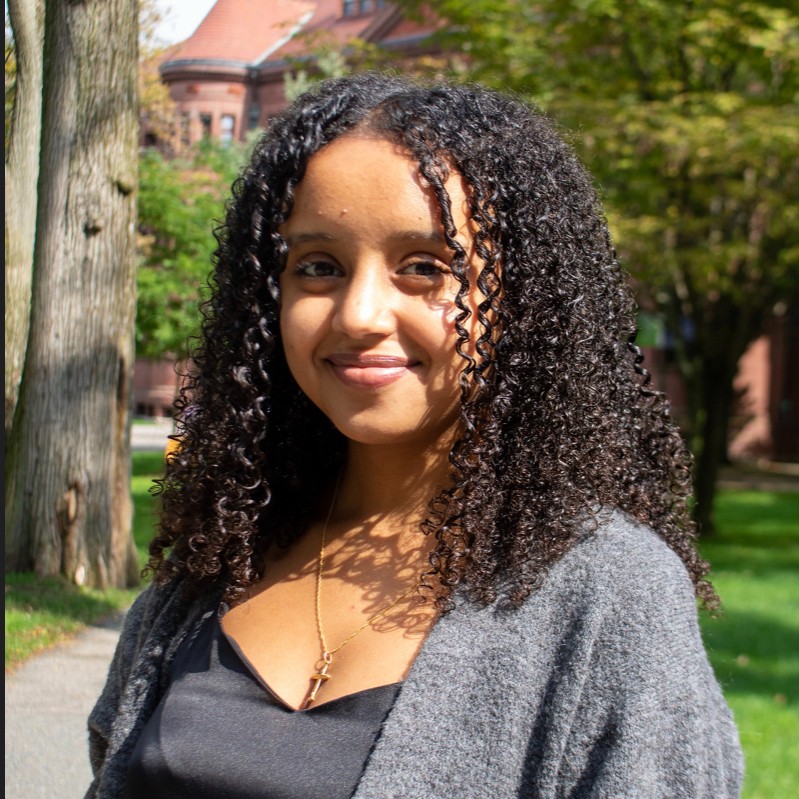 Kidist Alemu ‘23
Computer Science (Mind Brain Behavior)
Kidist Alemu ‘23
Computer Science (Mind Brain Behavior)
Aida Baradari ‘25 Computer Science & Physics
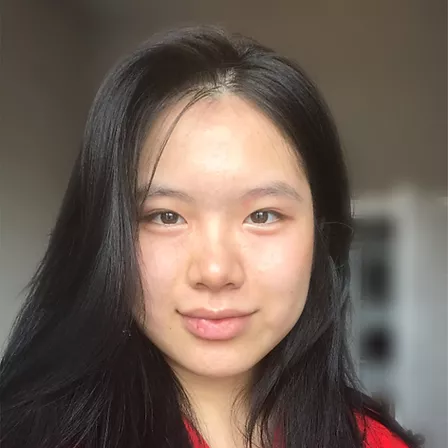
Alice Cai ‘25 Residency Co-Director
Human Augmentation
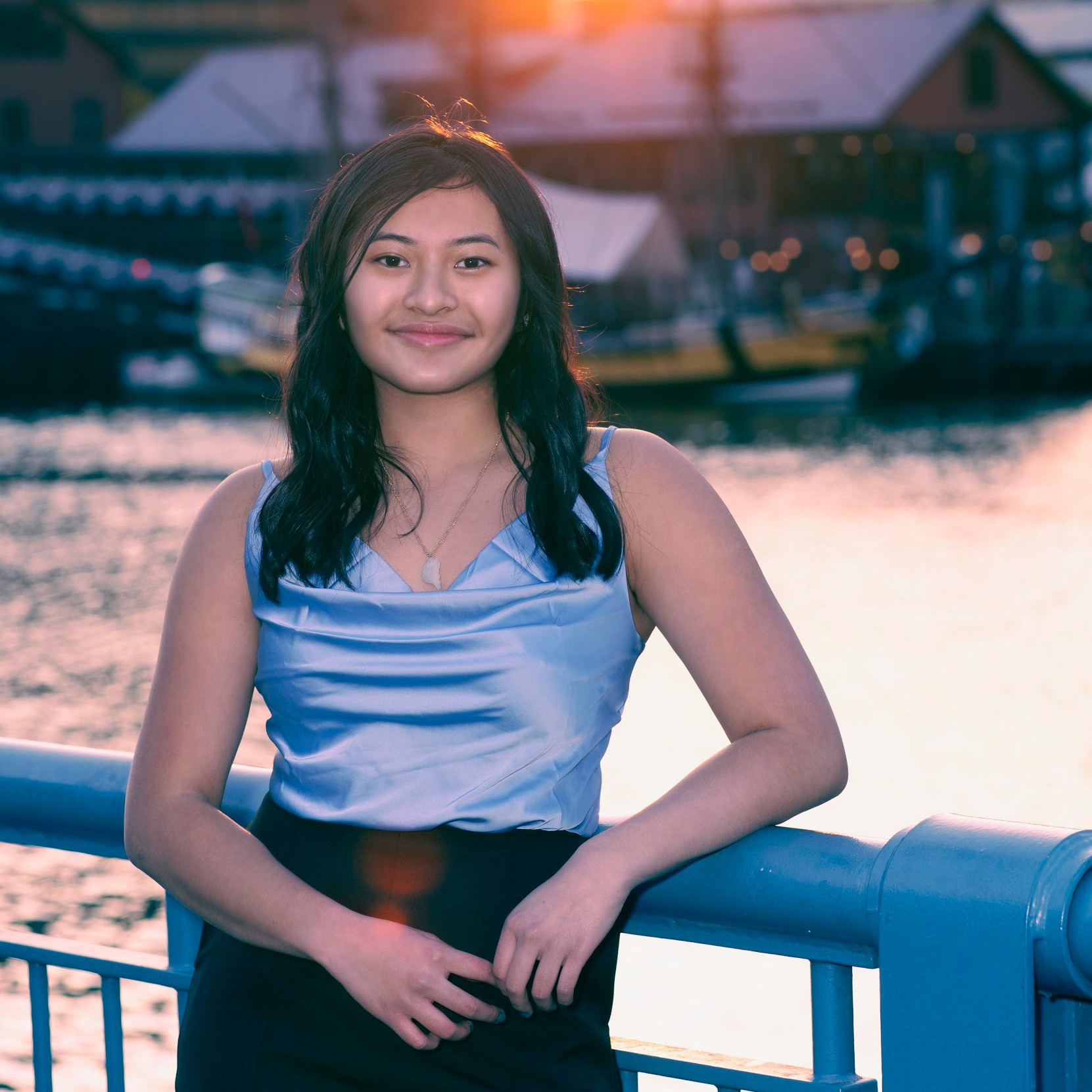
Priscilla Cheav ‘25 Neuroscience & Architecture

Ibta Chowdhury ‘25 Computer Science & Art, Film, and Visual Studies

Holden Edmonds ‘23 Economics
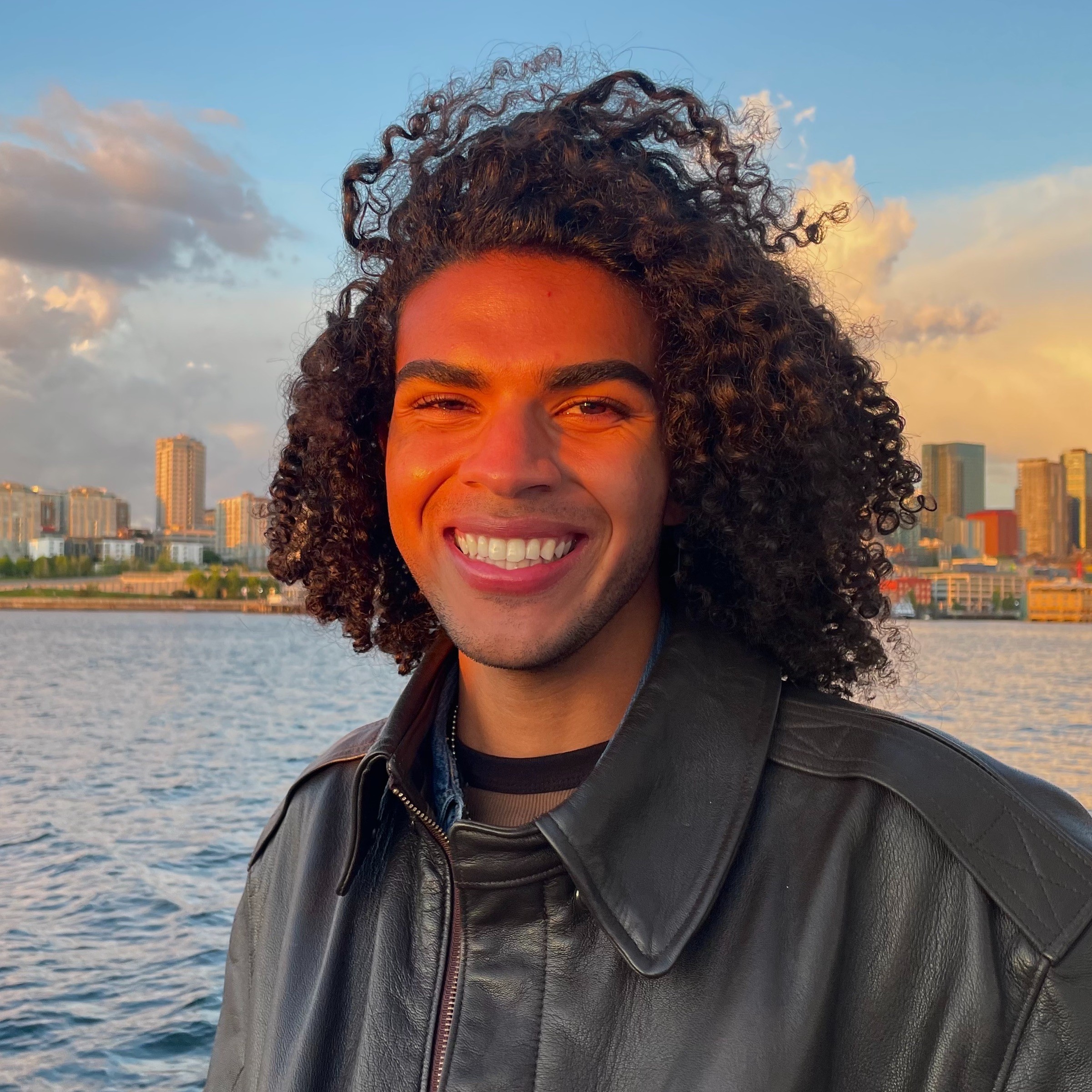 Adrian Hackney ‘23
Social Anthropology & Government
Adrian Hackney ‘23
Social Anthropology & Government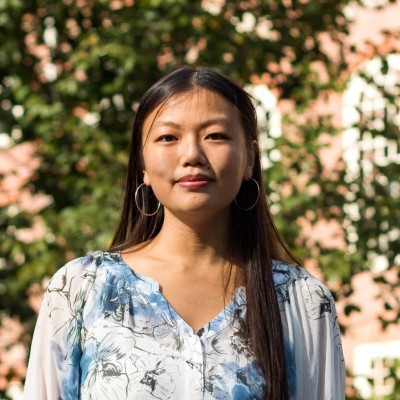 Liya Jin ‘23
Computer Science
Liya Jin ‘23
Computer Science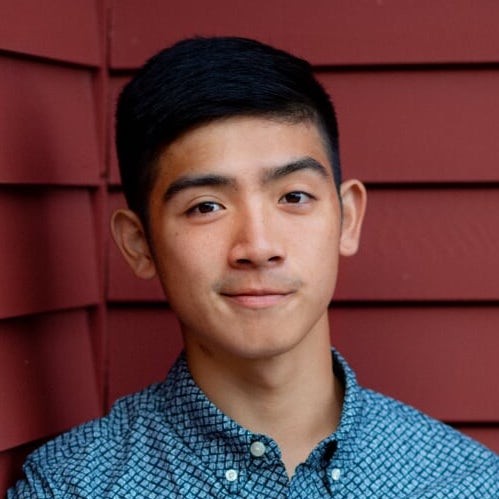 Julian Li ‘25
Neuroscience & Architecture
Julian Li ‘25
Neuroscience & Architecture Karen Li ‘24
Computer Science & Psychology
Karen Li ‘24
Computer Science & Psychology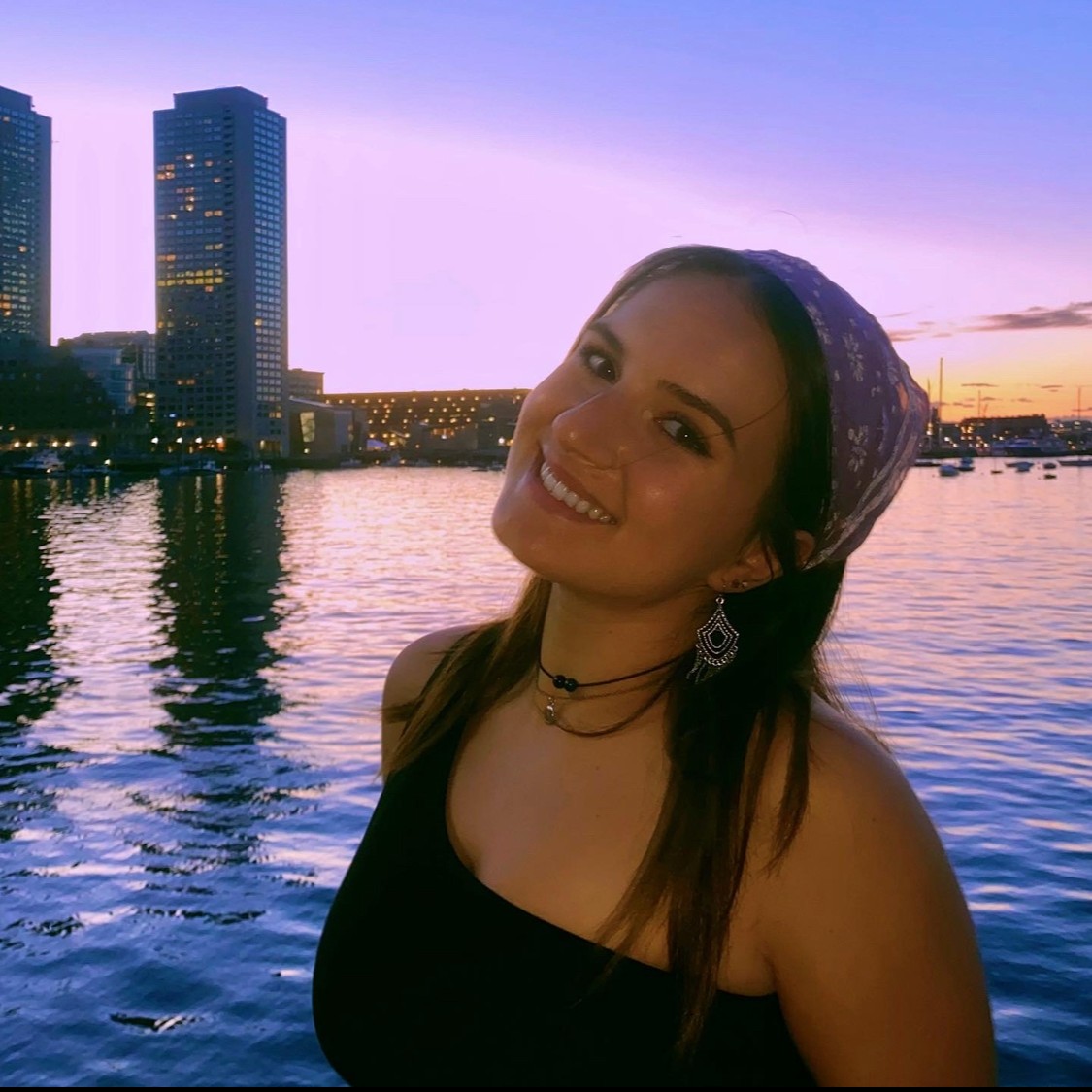 Sera McDonald ‘24
Mechanical Engineering
Sera McDonald ‘24
Mechanical Engineering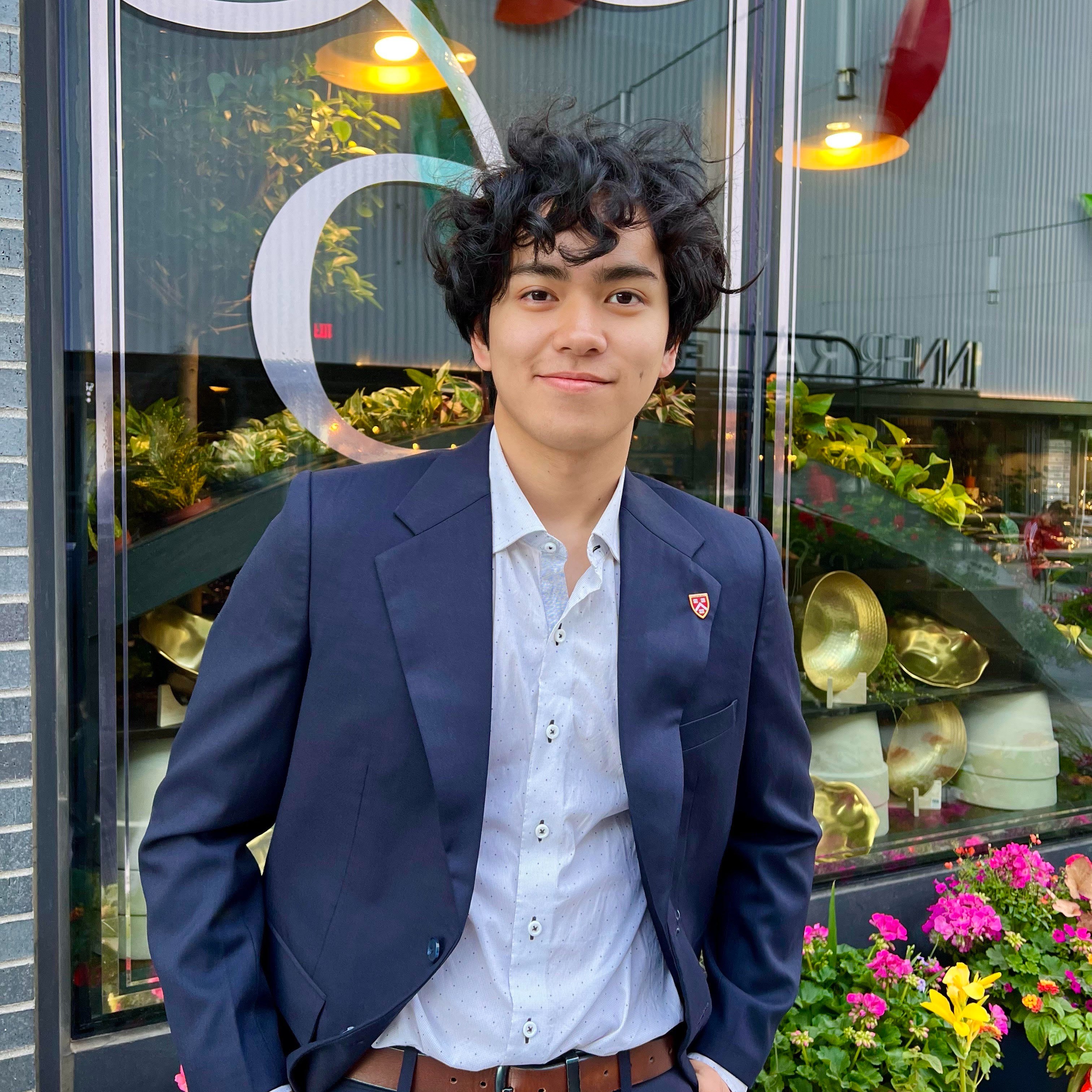 AnhPhu Nguyen ‘25
Human Augmentation
AnhPhu Nguyen ‘25
Human Augmentation
Kassandra Rodriguez-Acosta ‘26 Computer Science & Philosophy
 Izumi Vazquez ‘25
History of Science (Medicine and Society)
Izumi Vazquez ‘25
History of Science (Medicine and Society)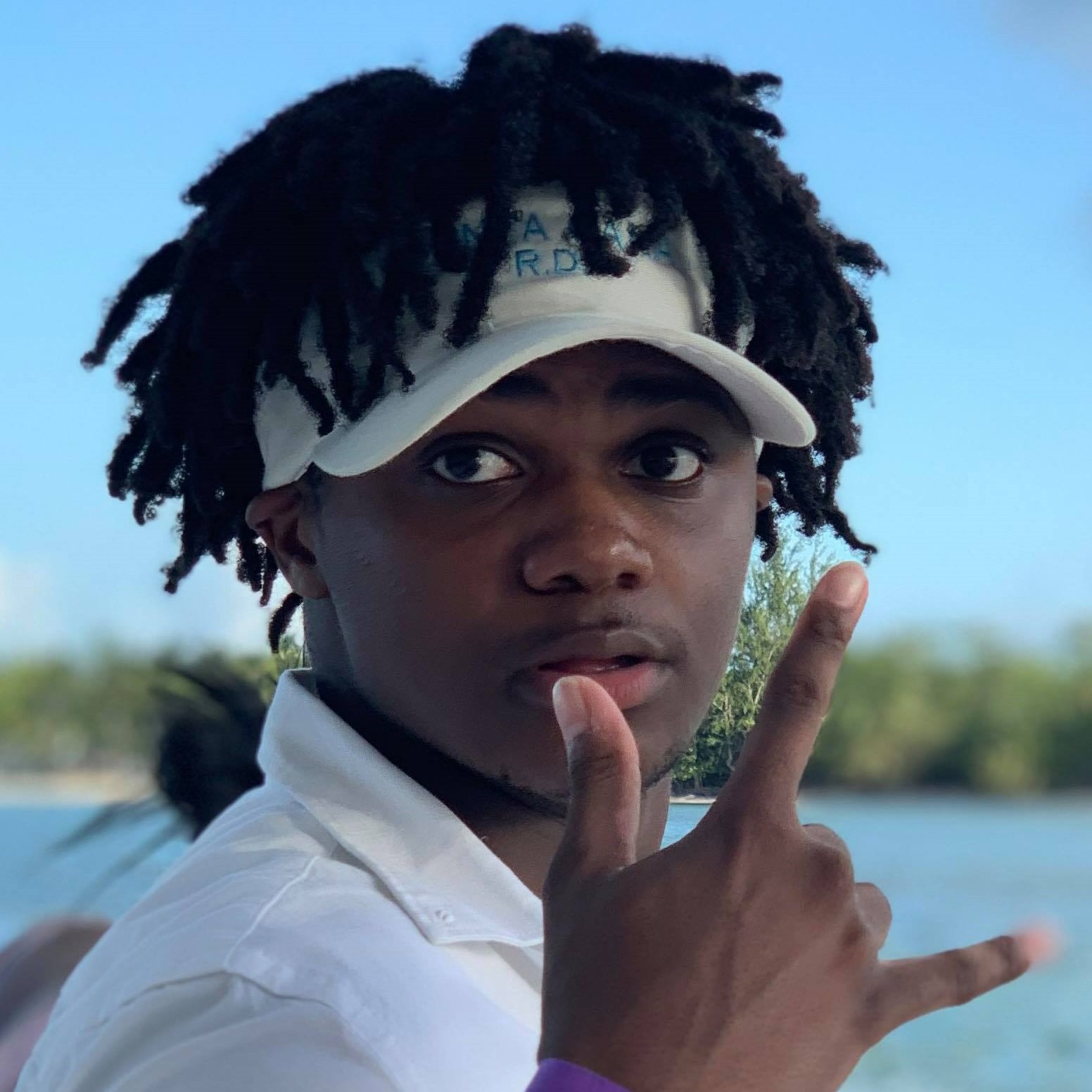 Ricky Williams ‘23
Electrical Engineering
Ricky Williams ‘23
Electrical Engineering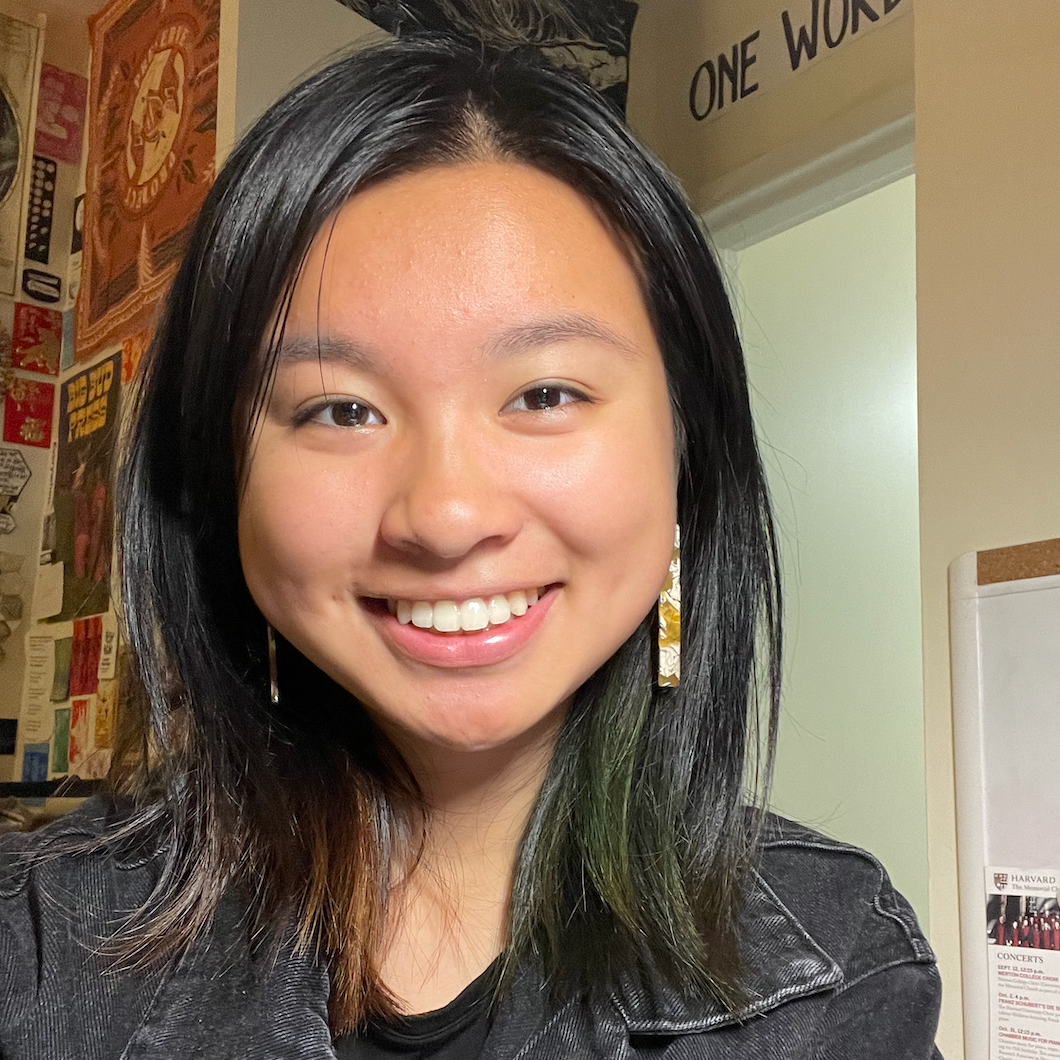
Computational Neuroscience & Art History
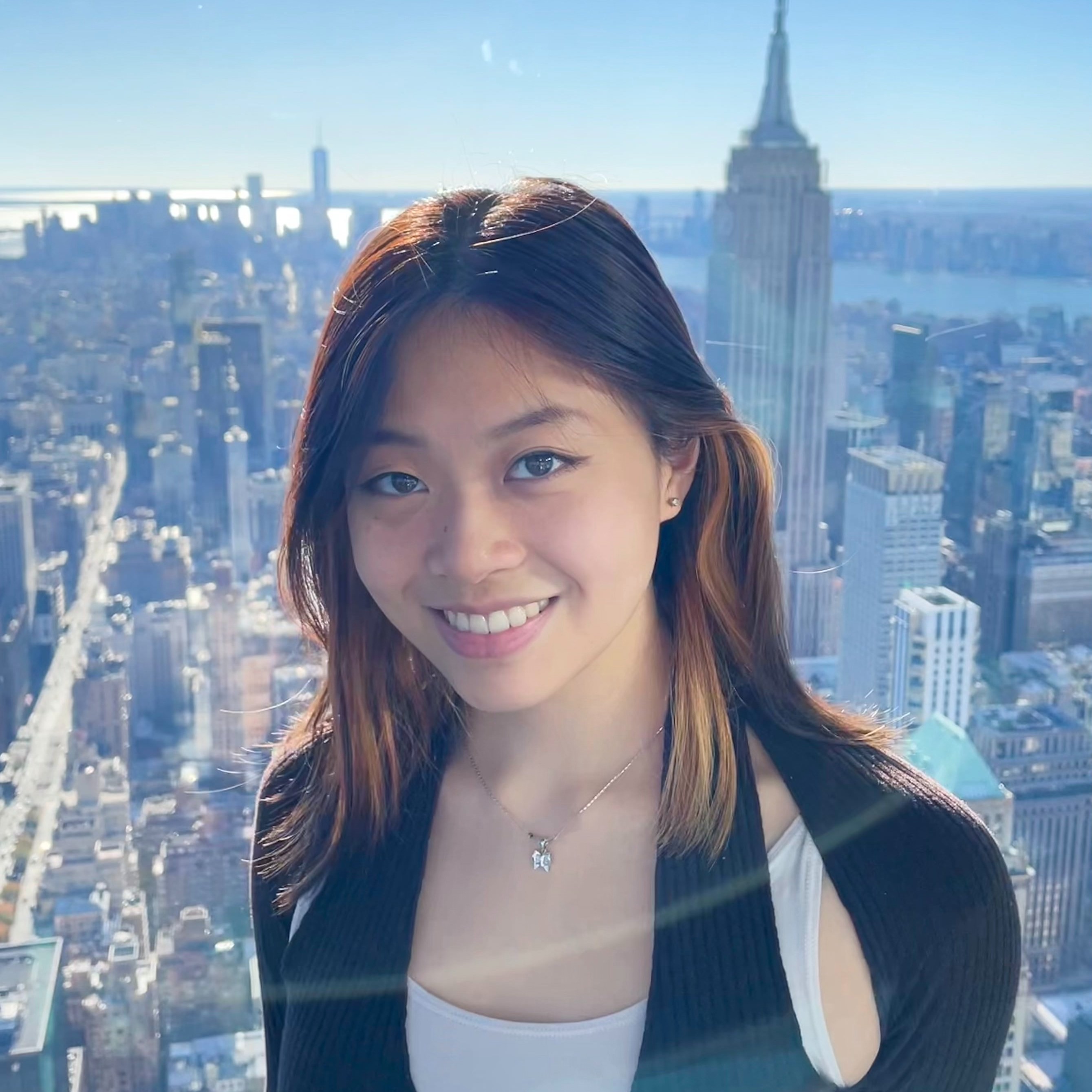 Alina Yu ‘25
Computer Science & Government
Alina Yu ‘25
Computer Science & Government Kaitlyn Zhou ‘25
Computer Science & Art, Film, and Visual Studies
Kaitlyn Zhou ‘25
Computer Science & Art, Film, and Visual StudiesResidency 2023
See projects from Residency 2023, and press coverage of our public exhibition.
The Conflux Winter Residency is a free, student-led residential program for Harvard undergraduates to immerse themselves in exploring, learning, and creating art tech during January term.
The program will take place January 4th - 22nd, 2023, and is hosted at the Paulson School Of Engineering And Applied Sciences by Conflux and the SEAS Teaching and Learning Group. Throughout this program, a cohort of 18 fellows from a variety of different disciplinary backgrounds will work together on ambitious art-tech projects with mentorship from metaLAB (at) Harvard and the broader Harvard and Boston art tech communities.
The overarching mission of the residency is to build an interdisciplinary community of artists and technologists who—through intense skill-building workshops and cross-disciplinary collaboration with each other and computational tools—will expand the future of art tech at Harvard and beyond.
2023 theme: Liminal Interfaces
Throughout our residency, fellows will conceptualize and create a series of interstitial artworks—art that is genre-bending, genre-breaking, or simply the art of the in-between. These projects center around our 2023 theme, Liminal Interfaces, which explores the ways in which art and media technology can transform liminal spaces—the transitory, ambiguous, and often painful spaces between locations or states of being—into personal and meaningful places.
We will first explore elevators as familiar and tangible liminal spaces where we will investigate the mundane, perfunctory interactions that we have become accustomed to in our daily lives. These spaces provide a unique opportunity for art and technology to play a transformative role, as they allow for the creation of interactive installations that can bridge the gap between the meaningless and the meaningful. By turning elevators into environments lush with play, interactivity, and connection, we transform liminal spaces from settings of disengagement and distress to interfaces of agency and growth.
Schedule
Over the course of 2.5 weeks, fellows will live and collaborate in a tight-knit community of students from across humanities and engineering disciplines. They will explore the Boston art tech scene (including guided trips to institutions like the ICA and the MIT Compton Gallery), and engage with leading artists and technologists in speaker events and meals. They will learn and hone a range of creative techniques and technologies in expert-led, hands-on workshops. They will be personally mentored by metaLAB members and working art tech professionals to conceptualize and create their own art tech project, and collaborate to curate a public showcase of residency work.
In the first phase of the residency, fellows will be introduced to the field of art tech through artist talks, studio visits, and exhibition tours with invited guests such as Jeffrey Schnapp, Martin Wattenberg, Seth Riskin, Jeff Steward, and Adam Haar Horowitz. During this time, fellows will also engage in a variety of team exercises to strengthen their collaborative mindsets, and prepare them to work in cross-disciplinary teams.
In the second phase of the residency, fellows will engage in hands-on workshops with Oopsa and the Radcliffe Public Art Competition, the Virtual John Harvard Project and the Harvard Visualization Research and Teaching Laboratory, and guest artists—Sarah Newman, Jacek Smolicki, Rus Gant, Jeanette Andrews, Devon Bryant, Bree Edwards—to learn foundational art tech skills such as site-specific design and implementation, soundscape composition, XR/AR/VR development, and projection mapping. Fellows will apply these skills to design and implement prototypes, which will be reviewed by mentors.
In the third phase of the residency, residency fellows will work in small, cross-disciplinary teams on art tech projects transforming a liminal space of their choosing into an interface, with mentorship and critique from members of the metaLAB community and guest artists. Residency fellows will then collaborate on creating a cohesive exhibition showcasing their work during the program.
Deliverables
During this residency, fellows will produce both individual and collaborative works, including:
- Individual art tech portfolios and artist statements
- Several art tech installation prototypes
- A final, public exhibition of work completed during residency
- Multimodal documentation of design & engineering processes
Fellows will emerge from the program with a deepened understanding of their own artistic philosophies, and the ways in which technology may augment or extend them. More than that, fellows will emerge with a broadened understanding of how art tech may be used to investigate and elevate our lives.
2023 Conflux Winter Residency Fellows (in alphabetical order):
Kidist Alemu ‘23, Aida Baradari ‘25, Alice Cai ‘25, Priscilla Cheav ‘25, Ibta Chowdhury ‘25, Holden Edmonds ‘23, Adrian Hackney ‘23, Liya Jin ‘23, Julian Li ‘25, Karen Li ‘24, Sera McDonald ‘23, AnhPhu Nguyen ‘25, Kassandra Rodriguez-Acosta ‘26, Izumi Vazquez ‘25, Ricky Williams ‘23, Peggy Yin ‘25, Alina Yu ‘25, and Kaitlyn Zhou ‘25.
Mentors (in alphabetical order): Kim Albrecht, Minne Atairu, Devon Bryant, Halsey Burgund, Rus Gant, Erin Jackson, Austin Ledzian, and Sonia Sobrino Ralston
The program is directed by Peggy Yin ‘25 and Alice Cai ‘25.
Support provided by: metaLAB (at) Harvard, the SEAS Teaching and Learning Group, the Harvard Library Creative Technologies group based at Cabot Science Library, the Visualization Research and Teaching Laboratory (Harvard Department of Earth & Planetary Sciences), the Harvard Radcliffe Institute and the Radcliffe Public Art Competition, the REEF makerspace at SEAS, the Music Lab (Harvard Department of Music), the Computing in Engineering Education (CEE) group, and the Office for the Arts at Harvard.
Liminal Interfaces
![]()
![]()
![]()
![]()
![]() January 27, 2023
January 27, 2023
SEC Undergraduate Lounge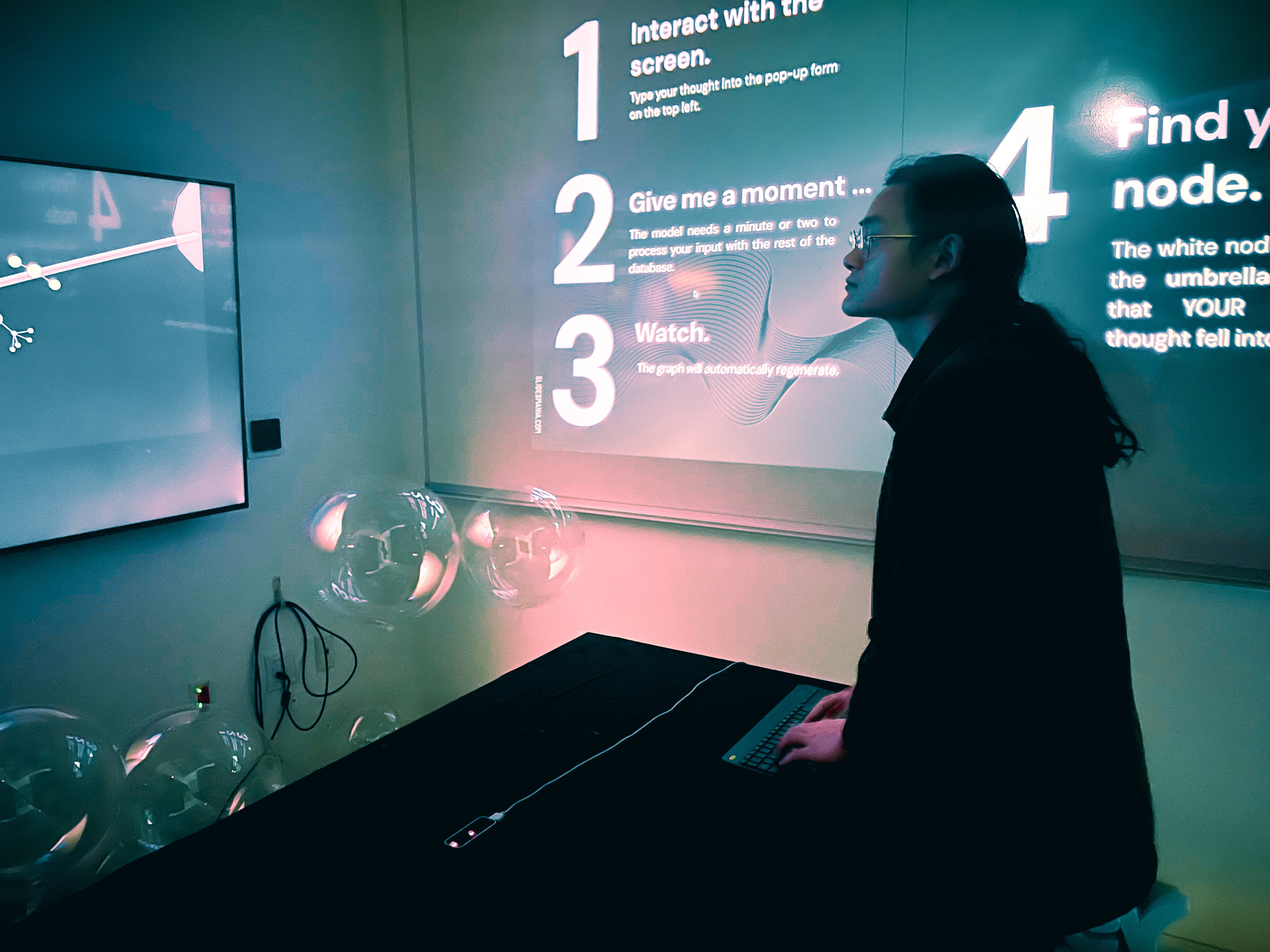
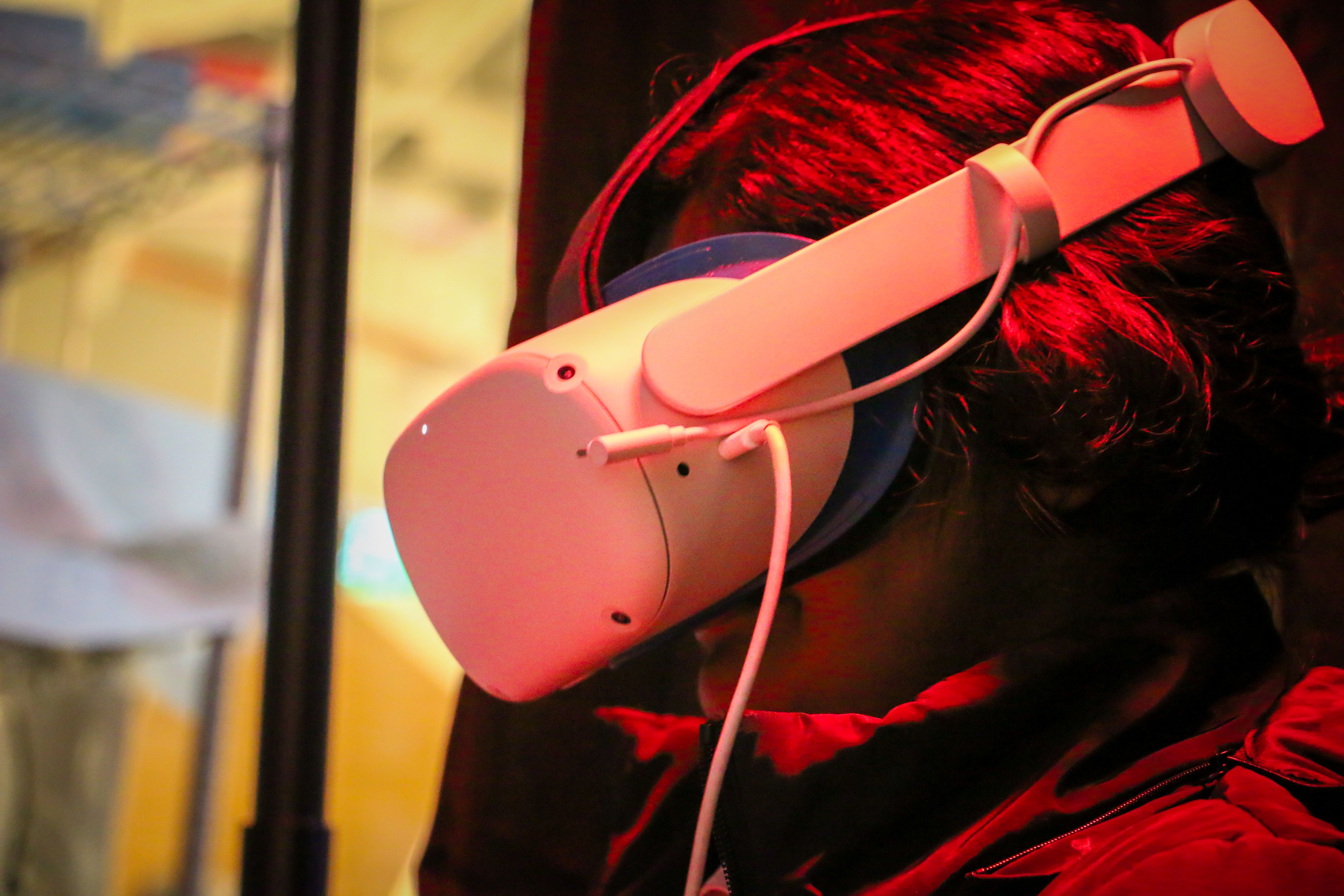
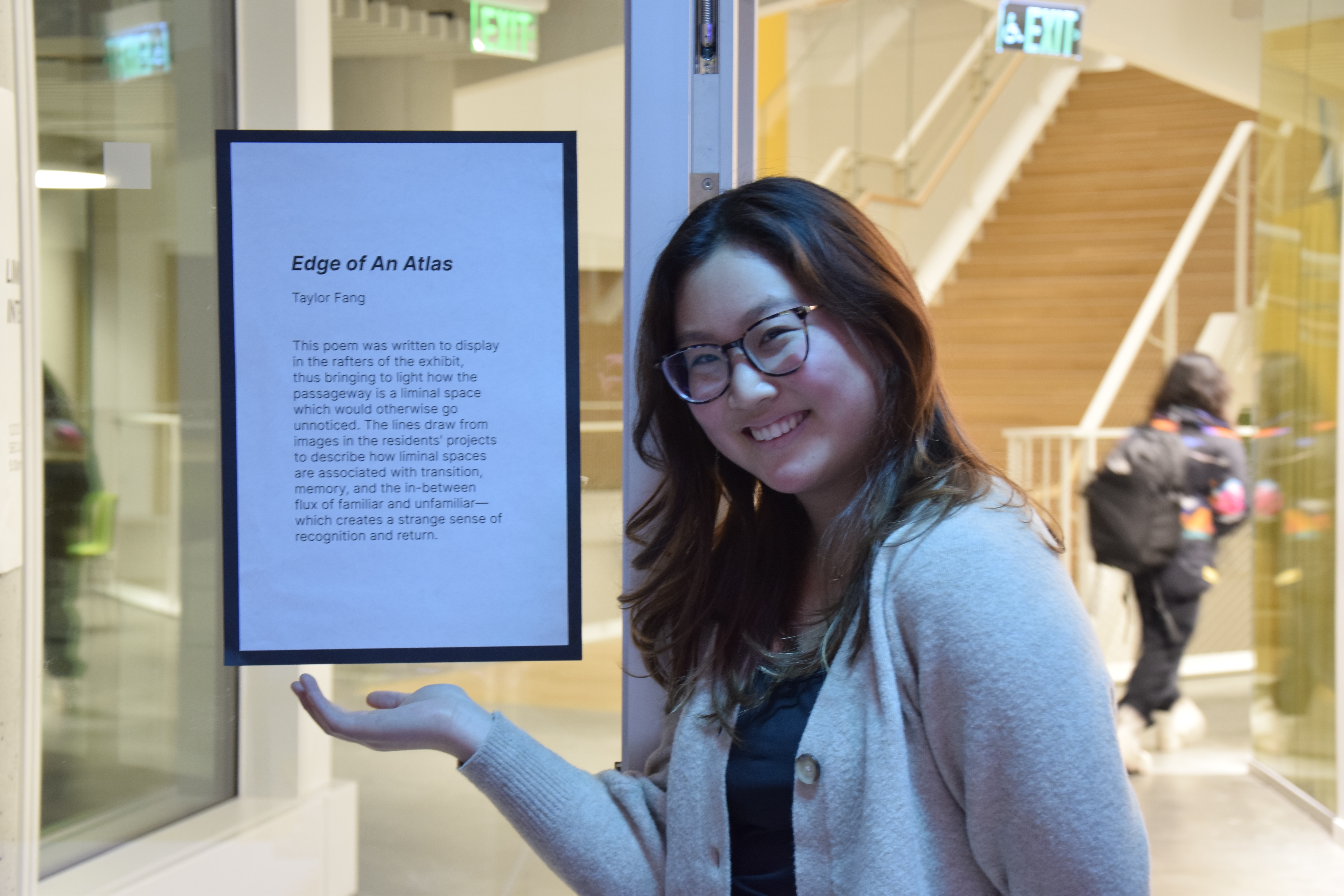
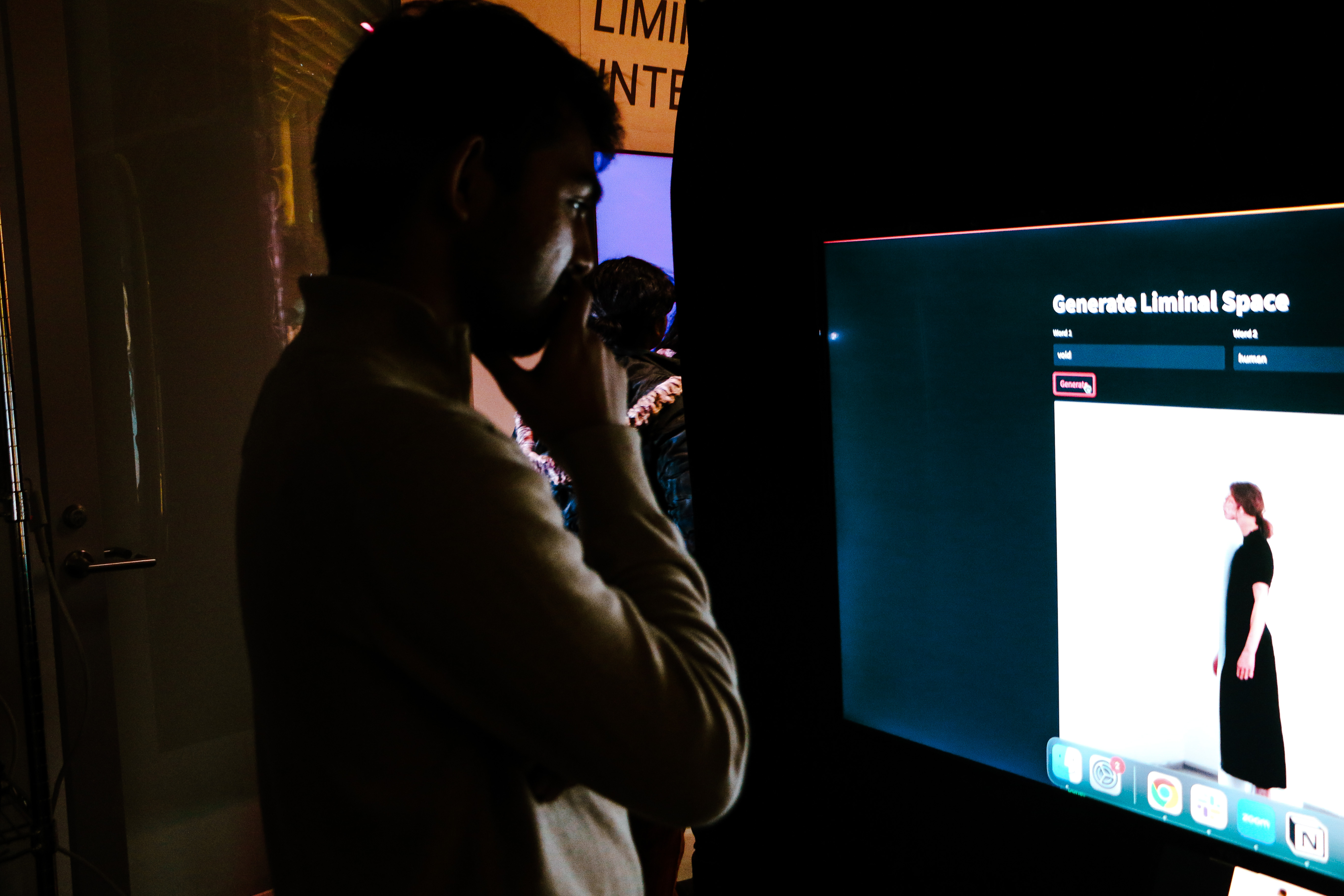
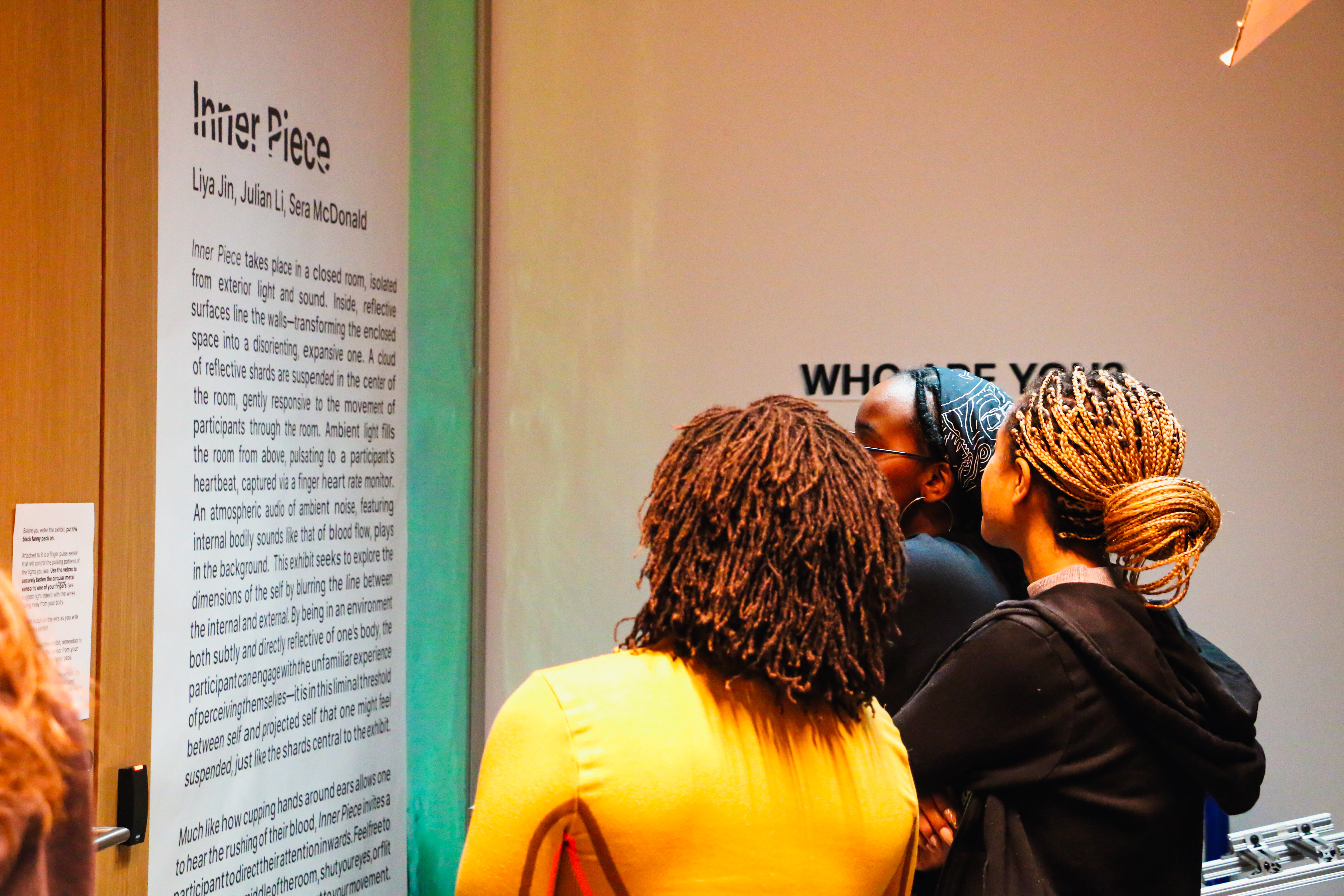
Liminal Interfaces, a public, student-directed exhibition hosted at the Paulson School Of Engineering and Applied Sciences, explored the ways in which art tech can transform liminal spaces—the transitory, ambiguous, and often painful spaces between locations or states of being—into personal and meaningful places. Featuring custom exhibition art tech pieces and six student art tech installations experimenting with various liminal spaces, this highly interactive exhibition guided the public through a series of immersive experiences encouraging visitors to generate, reflect on, and transform the liminal spaces in their own lives.
Team
Directors:Peggy Yin ‘25 & Alice Cai ‘25
2023 Conflux Winter Residency Fellows (in alphabetical order):
Kidist Alemu ‘23, Aida Baradari ‘25, Alice Cai ‘25, Priscilla Cheav ‘25, Ibta Chowdhury ‘25, Holden Edmonds ‘23, Adrian Hackney ‘23, Liya Jin ‘23, Julian Li ‘25, Karen Li ‘24, Sera McDonald ‘23, AnhPhu Nguyen ‘25, Kassandra Rodriguez-Acosta ‘26, Izumi Vazquez ‘25, Ricky Williams ‘23, Peggy Yin ‘25, Alina Yu ‘25, and Kaitlyn Zhou ‘25.
Mentors (in alphabetical order): Kim Albrecht, Minne Atairu, Devon Bryant, Halsey Burgund, Rus Gant, Erin Jackson, Austin Ledzian, and Sonia Sobrino Ralston
Additional exhibition support generously provided by Mila Barry ‘25, Aryan Naveen ‘25, Taylor Fang ‘25, Melinda Modisette ‘25, and Chris Barber ‘24.
VIDEO FORTHCOMING
Support provided by: metaLAB (at) Harvard, the SEAS Teaching and Learning Group, the Harvard Library Creative Technologies group based at Cabot Science Library, the Visualization Research and Teaching Laboratory (Harvard Department of Earth & Planetary Sciences), the Harvard Radcliffe Institute and the Radcliffe Public Art Competition, the REEF makerspace at SEAS, the Music Lab (Harvard Department of Music), the Computing in Engineering Education (CEE) group, and the Office for the Arts at Harvard.